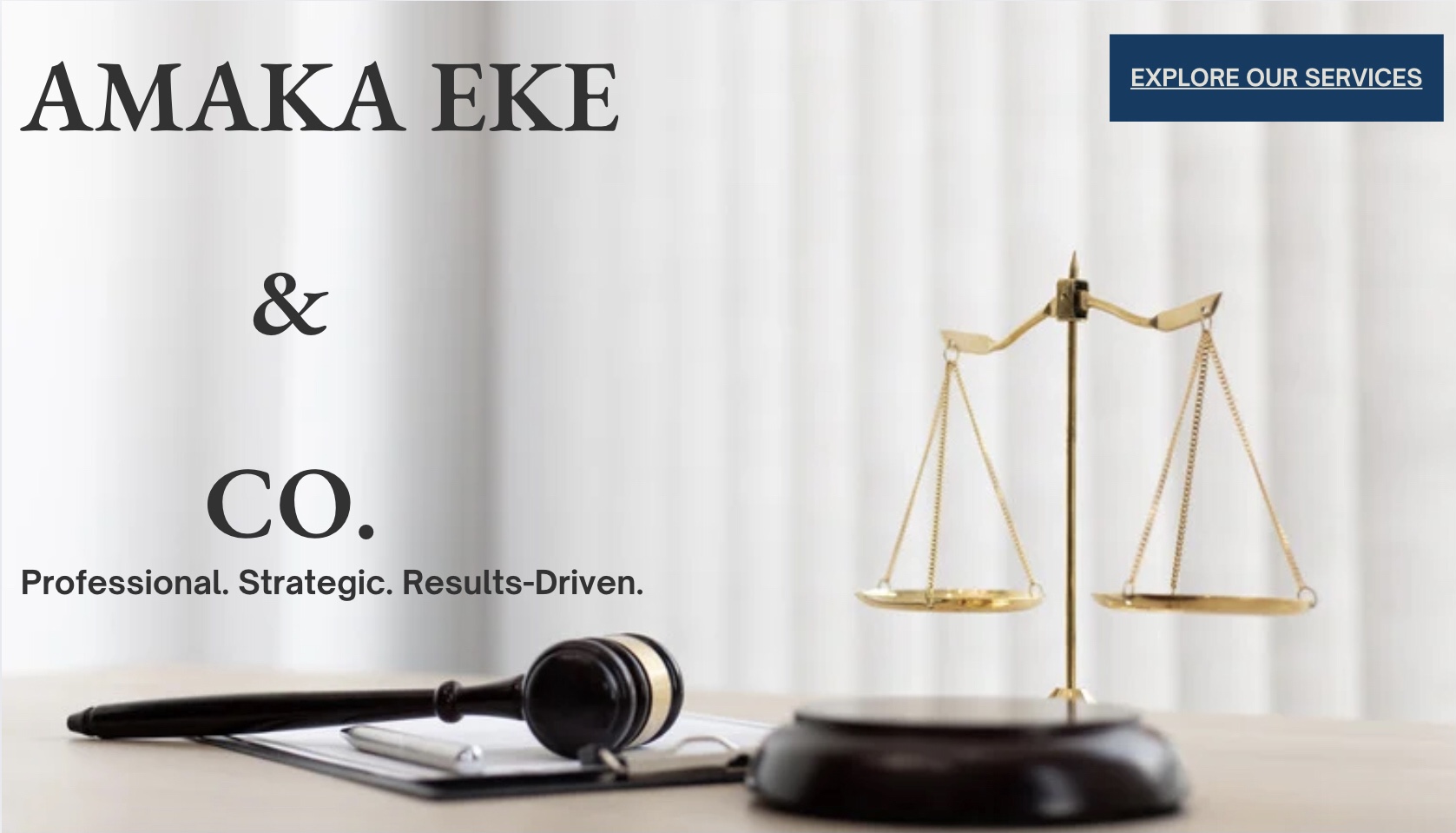Recently, tensions have flared between a Nigerian activist, content creator and public figure and another public figure, with the latter sending a cease-and-desist letter, threatening to sue for defamation. This situation raises key questions about free speech, public interest, and protecting one’s reputation. Here’s a look at both sides of the argument.
For the Nigerian Activist, Content Creator and Public Figure: Right to Free Speech and Public Interest
The activist argues that his comments and the release of the audio recording were aimed at exposing possible corruption—a matter of public interest. Public figures are often subject to scrutiny, and discussing their actions is part of open debate.
His comments were phrased as questions and opinions, not direct accusations. In Nigerian law, there is a distinction between expressing an opinion and making a false, damaging statement. Since his remarks were speculative and not presented as facts, he can argue that he was exercising his right to free speech.
Against the Nigerian Activist, Content Creator and Public Figure: Harmful Speculation and Potential Defamation
On the other hand, the other public figure views the activist’s remarks as damaging and misleading. Even though the statements were framed as questions, they could imply false information that harms the other public figure’s reputation. Under Nigerian law, even insinuations can be defamatory if they expose someone to ridicule or damage their standing in society.
If the other public figure can show that these comments have harmed his reputation, he might have a case for defamation. From this angle, the cease-and-desist letter is a reasonable step to protect his name and stop the spread of potentially harmful speculation.
For the other Public Figure: Protecting Reputation
The other public figure has the right to defend his reputation against what he sees as unverified and damaging insinuations. The cease-and-desist letter is a warning to the activist to stop making speculative comments that could harm his image. Public figures may be subject to scrutiny, but that doesn’t give others a license to spread harmful rumors.
Against the other Public Figure: Intimidation and Suppressing Free Speech
However, the cease-and-desist letter could also be seen as an attempt to intimidate the activist. Public figures, especially those with legal knowledge and resources, may be perceived as using legal threats to address criticisms, which some argue could limit free speech. The activist might argue that he was simply raising questions based on a public audio recording and that such discussions are essential for transparency.
Conclusion
This dispute highlights the ongoing struggle between free speech and reputation protection. While the activist claims he was discussing a matter of public interest, the other public figure is focused on safeguarding his reputation. The outcome of this dispute will shed light on how Nigerian law balances these competing rights.
Disclaimer
This blog post is intended for informational purposes only and does not constitute legal advice. The views expressed are based on a general understanding of Nigerian defamation law and public interest issues. For specific legal concerns, please consult a qualified legal professional.

Leave a Reply